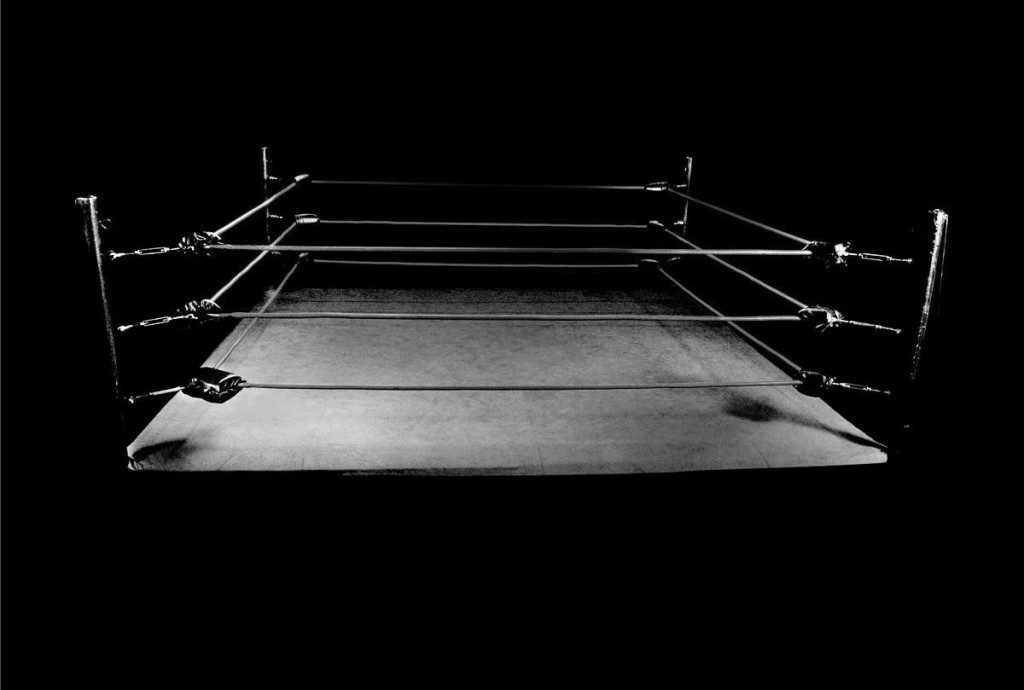Compelled to dissolve compulsion

By Bart Barry-
SAN ANTONIO – In the center of this city there’s a
Greyhound bus station. In the center of
most U.S. cities there’s a Greyhound station.
In the center of most American cities, Anchorage to Patagonia, come to
think of it, there’s a bus station. Put
a checkmark, then, in the box beside a line that reads: “Begin column with
mundanity.”
What follows might be a treatment of current
events – Danny Garcia or Kobe Bryant, the Honduran refugee crisis or “Dance of
the Clairvoyants” by Pearl Jam – or a treatment of timeless events, the poetry
of Billy Collins or “Emergence: From Chaos to Order” by John Holland, but it likely
won’t fixate on any of these subjects longly because a dissolution of fixation is
what its writer is after.
Back to the bus station. The cruel events that led wave after wave
after wave of Central American refugees to crash on this Texas bus station have
succumbed to still crueler events that preclude an arrival of successors – we
used to help 50 families of women and children every Sunday and yesterday we
helped exactly one, which is our current government’s solution currently: out
of sight, out of mind.
If that’s a cliché it’s because those six words
gathered thusly have proved elastic and apt enough often enough to be recycled unto
the commons.
We’re still here each Sunday morning because it
satisfies, barely, a philanthropic impulse catalyzed by a karmic virtue like:
Work without expectation of reward. Too,
because the lead volunteers on Sundays exemplify both wisdom and vocation. Sister Sharon and I had some time Sunday
morning to discuss my ongoing compulsion re compulsion. We talked past one another, mostly, like good
Shakespearean characters do; Sister Sharon spoke of a book about addiction
whose author she met at a community gathering Saturday while I made irreverent
if serious inquiries about persons of the cloth who feel compelled to control
events while professing faith in an omnipotent God. Context is essential here as everywhere: After
20 months of such passing conversations neither of us is faithful nor faithless
as our uniforms imply.
The concentration muscles upon which we call for creative
endeavors are the very same that lead us into addictions. A capacity for fixation on one’s algebra
homework, say, locking one’s mind away and forbidding distractions, other
thoughts, is a universal virtue the same way fixing oneself on a singleminded
pursuit of heroin, say, is a universal vice – but they’re the same muscles.
Context is essential there as everywhere, even if
only to pettifog (a wonderful verb resurrected last week).
As I type these words spontaneous Kobe Bryant tributes
outbreak everywhere. These are
sincere. Soon to be followed by obligatory
tributes, sooner to be followed by insincere tributes overlapped by profit-motivated
tributes. Competitive grieving, as it were,
an expression of our species’ originality amplified by social media, a
manifestation of our species’ originality.
Danny Garcia fought in Brooklyn on Saturday. The fewer words about that, the better.
What the Seattle band Pearl Jam just did with its
new single is inspiration remarkable. Across
29 years and 10 studio albums, three decades, in other words, and five or six
hours of music, nothing anticipated the sound of its new song. To reinvent a successful artistic specialty
so completely and effectively is a feat and a half.
Billy Collins, twotime American Poet Laureate, is
a wonderful man fully anticipated by his wonderful poems. I met him in the Mexican state of Tamaulipas 18
years ago at a threeday literary festival headlined by the not-yet-Noble laureate
Mario Vargas Llosa (whom I met in the men’s room the first night, when he was
anonymous as me). I was in Tampico to
get married, simply, but ever since I’ve enjoyed telling uninterested strangers
I met the American Poet Laureate while honeymooning at a literary festival in
an exotic locale.
A few months later I mailed Collins a letter, and
he replied immediately and graciously and generously. I’ve been revisiting Collins’ poetry this
week, putting “Aimless Love” in my promiscuous rotation, and while his poems
were primarily humorous to me in 2002 they are quite a bit more than that to me
in 2020. Of all literary forms poetry is
the one I read poorliest, I freely admit, but I recommend Collins nevertheless
(and I pretty much just got done recommending Pearl Jam, too, without ever
getting a useable note out any musical instrument in my life).
What all this has to do with Santa Fe Institute
and John Holland – a Michigan professor of electrical engineering and psychology
and computer science, all three, amazingly enough – is next to nothing, which
is about how much it has to do with our beloved sport, too, in its winter
doldrums, but I’ve got at least four books on complexity currently colliding
with Collins and others in the aforementioned rotation, so in the name of
selforganization . . .
I’m reading this way, and have been reading this
way for 18 months now, I realize, to dissolve compulsion, an intermediate level
of anxiety one doesn’t come upon till he’s observed his way past a burning
stomach and garrulousness and financed consumption and moral judgment and
travel and some forms of achievement (but before he’s gotten past aesthetic
judgment), and dissolving compulsion currently requires challenging every
thought that endures more than 60 seconds.
Which makes writing this column during the winter doldrums an admittedly
skittish happening.
Bart Barry can be reached via Twitter @bartbarry